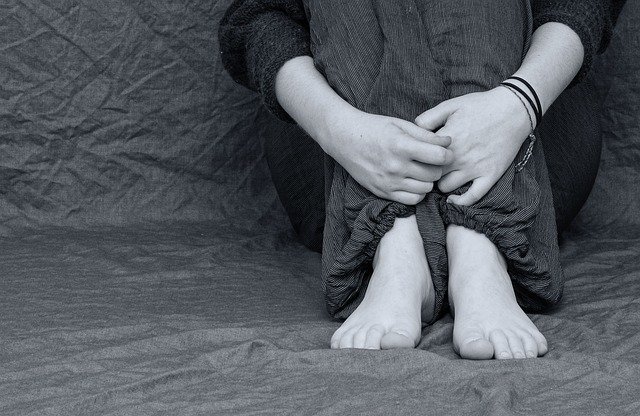
Hollywood film producer Harvey Weinstein has surrendered on sex assault charges, according to news media channels.
More than 70 women have accused him with sexual misconduct including rape and allegations.
This led to the worldwide #MeToo movement, in which hundreds of women fight against sexual harassment and assault in their workplace.
According to the Centers for Disease Control and Prevention, in the US 1 in 3 women and 1 in 6 men experience contact sexual violence in their lifetime.
What is contact sexual violence? It is defined as being made to have sexual intercourse with another person, being sexually coerced, or having unwanted sexual contact.
Besides contact sexual violence, people can also suffer from sexism via gender discrimination and sexual harassment, which are far more common.
Overall the world, research shows that there are nearly 235 million women harmed by sexual harassment at work and they are not protected by law.
A recent study from UCLA shows that 80 million women in 24 countries do not have any legal protections against gender-based discrimination in compensation, promotions and/or demotions, or vocational training at work.
What is worse, women in underrepresented groups have the least legal protections.
Sexual assault and harassment can strongly hurt the victim’s physical and mental health.
One recent survey published in the Journal of Health and Social Behavior shows that among more than 3000 on survey, 8.4% of women reported experiencing gender discrimination in the current job, and 4.1% showed they had experienced sexual harassment at work in the past 12 months.
The numbers in men reporting workplace gender discrimination and sexual harassment were much lower, 2% and 1.3% respectively.
How sexual harassment hurt the victim’s health?
The researchers found that women who experienced gender discrimination reported feeling of depression, anxiety, stress and problems with emotions.
For women experienced sexual harassment, they reported both worse physical and worse mental health.
They could suffer from post-traumatic stress disorder, or PTSD, low self-worth, and more negative thoughts.
The researchers did not find association between gender discrimination and sexual harassment with health outcomes among men.
They explained that this may be because the number of men who reported these mistreatments was small.
How to recover from sexual harassment?
A new study from Rutgers University shows that meditation and aerobic exercise may help women after sexual assault.
These activities can help women decrease negative thoughts and enhance self-worth. If they can do these exercises 1 hour twice a week for more than 6 weeks, they can experience less PTSD syndromes.
The study examined 100 women between age of 18-32. About one third of them had experienced sexual violence.
After 6 weeks of exercise intervention, the women who were victims of sexual violence had much less trauma-related thoughts.
The authors said “The more you think about it, the more you go over the memories, the more memories you make. MAP Training diminished those thoughts in women who experienced violence.”
“The #MeToo movement and other platforms have provided women with an opportunity to tell their stories of sexual harassment and assault.”
“It is important that we also provide them with new ways to help them recover from these experiences.”
Copyright © 2018 Knowridge Science Report. All rights reserved.



